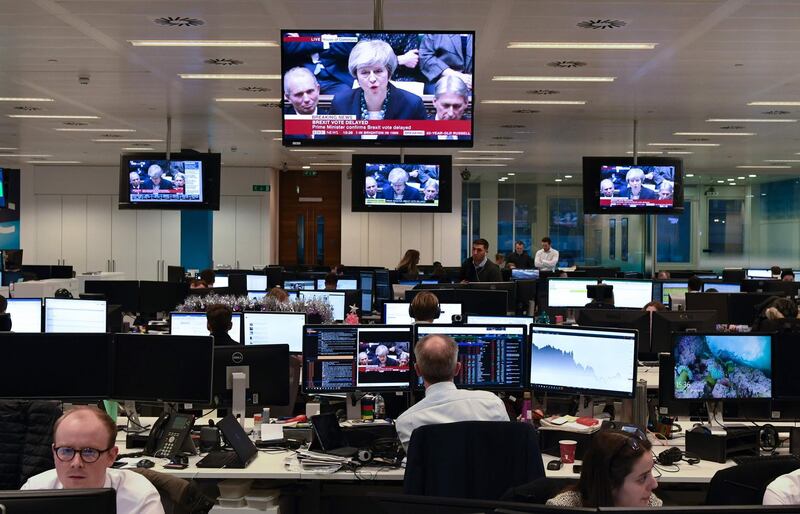Two-and-a-half years after Britain voted to leave the European Union by the slightest of margins, the separation process looks more fraught than ever. Prime Minister Theresa May – dogged by rebellion within her own Conservative party and now with her leadership hanging by a thread – has suffered her greatest humiliation yet, calling off a parliamentary vote on her doomed Brexit deal. The leader of the Labour opposition Jeremy Corbyn declared that the government was in "complete chaos" and Conservative MPs were plotting a vote of no confidence against her.
Just three months before Britain is scheduled to formally leave the EU, everything is still up for grabs. Britain could, as those agitating for a second referendum prefer, remain in the EU. The European Court of Justice has ruled that the UK could cancel Brexit without EU permission. Equally, Britain could crash out without a deal, potentially triggering economic disaster. The UK parliament could accept Mrs May's deal, or an iteration of it. She could just as easily be ousted or resign before the week is out.
Addressing a raucous House of Commons, Mrs May tried to assure MPs that her deal offers the best outcome for Britain, by respecting the outcome of the referendum, protecting the economy and averting a hard border between the Republic of Ireland and Northern Ireland. But it is her solution to the latter, the so-called Northern Irish “backstop”, which would have lost her today’s aborted vote. Mrs May will now return to Brussels to re-examine the issue, but with so little trust in her leadership, MPs’ concerns will not be assuaged. Meanwhile, Brussels has dismissed the idea of renegotiating. “This deal is the best and only deal possible,” said Mina Andreeva, European Commission spokeswoman. Ireland’s Prime Minister, Leo Varadkar, also ruled out changes to the backstop.
It speaks to the hazards of detaching Britain from the world’s largest trading bloc, for which there is no historical or legal precedent. The ostensibly simple matter of preserving an open border in Ireland could now derail the whole process. It is unclear when – and, indeed, if – MPs will vote on a Brexit deal. Mrs May now finds herself in even deeper trouble. In the midst of all this, British voters on both sides of the debate see a government in disarray, stumbling from one disaster to another, holding the economic future of the nation in the balance. And every day the clock ticks down to March 29, 2019, when, short of a second referendum or a dramatic government climbdown, Britain will exit the European Union.





